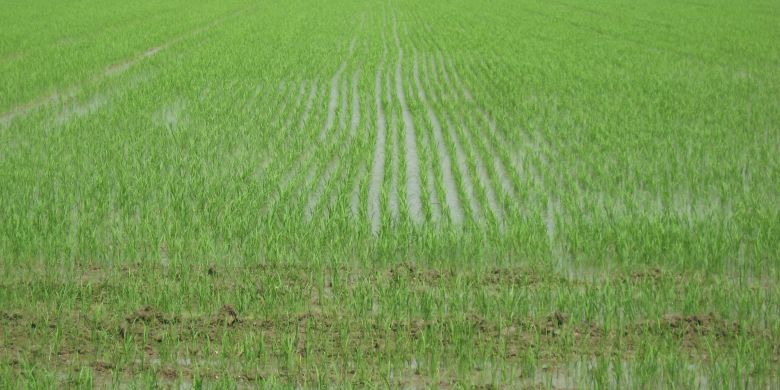In the lower plain of Lombardy, denitrification is identified in the shallow aquifer, potentially reducing the N input up to 80% (Sacchi et al., 2013). Under different soil and crop types, denitrification occurs when the water table is shallow, within 5 m from the surface. This can occur naturally in low permeability soils, as in the case of the lower plain or as a consequence of flood irrigation adopted in rice cultivation. Denitrification, despite the positive impact on groundwater resources, may have negative side effects such as the emission of greenhouse gases (N2O) in a system open to the atmosphere, if the reactions involved are not fully completed. This work package focuses on constraining the conditions and the pathways for denitrification, in order to exploit its full potential while reducing the negative impacts on the global environment. Moreover, this WP will investigate the environmental conditions and processes affecting P mobilization, transfer to groundwater and recycle to surface waters with implication on their trophic status. The combined results of the three identified tasks will allow to quantify the amount of nitrates reduced by denitrification at the basin scale and assess the dominant factors controlling the N and P dynamics in groundwater.

The results of the “Environmental factors controlling the N and P dynamics in groundwater” work package will quantify the role of groundwater as ecosystem service provider for the abatement of nitrate concentrations. The identification of the main denitrification reactions and the assessment of the dominant factors promoting this process will allow to fully exploit this service while reducing the possible negative impacts on the environment in terms of greenhouse gaseous emissions. New management practices could be suggested involving a sustainable use of farmland manure. In addition, the results of the project will provide fundamental information which could be used to devise future engineering strategies for bioremediation of nitrate-polluted groundwater. The investigation on P accumulation and dynamics in groundwater is highly innovative both at the Italian and at the International levels, as very few studies are reported in the literature dealing with this topic. Results will indicate if phosphates will likely emerge as groundwater contaminants in the future, assess their possible impact on surface waters and suggest the need for mitigation measures to be considered.
WP LEADER:Department of Earth and Environmental Sciences of the University of Pavia (EES-UNIPV)
Click here for more details about the WP 4 activities
